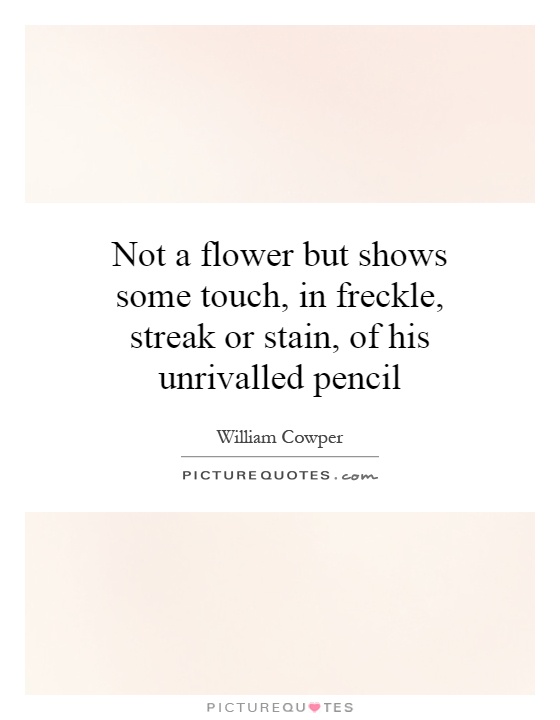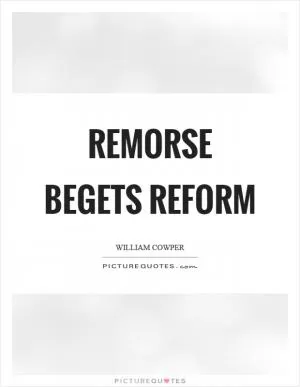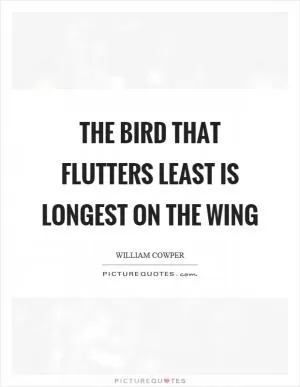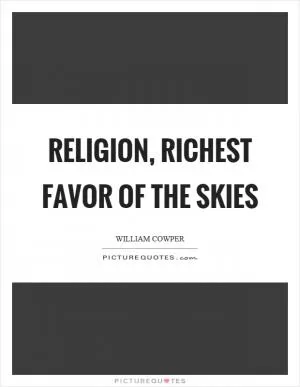Not a flower but shows some touch, in freckle, streak or stain, of his unrivalled pencil

Not a flower but shows some touch, in freckle, streak or stain, of his unrivalled pencil
William Cowper was a renowned English poet and hymnodist who lived during the 18th century. His works often reflected his deep religious beliefs and his appreciation for the beauty of nature. In one of his poems, Cowper wrote, “Not a flower but shows some touch, in freckle, streak or stain, of his unrivalled pencil.” This line beautifully captures Cowper’s admiration for the intricate details and beauty found in the natural world.Cowper’s poetry often celebrated the wonders of creation and the divine presence he saw in the world around him. He believed that every aspect of nature, no matter how small or seemingly insignificant, bore the mark of God’s handiwork. In the same way that a flower’s petals are delicately painted with vibrant colors and intricate patterns, Cowper saw the world as a canvas on which God had left his unmistakable mark.
The phrase “Not a flower but shows some touch” suggests that even the smallest and most humble of creations can reveal the hand of the divine. Cowper believed that God’s presence could be seen in the tiniest details of nature, from the freckles on a petal to the streaks of color in a leaf. He saw beauty and perfection in the imperfections of the natural world, recognizing that even the smallest blemish or stain added to the overall beauty of creation.
Cowper’s poetry often reflected his deep sense of wonder and awe at the world around him. He marveled at the intricate designs and patterns found in nature, seeing them as evidence of God’s creative genius. For Cowper, every flower, every leaf, and every blade of grass was a testament to the divine artistry that surrounded him.












 Friendship Quotes
Friendship Quotes Love Quotes
Love Quotes Life Quotes
Life Quotes Funny Quotes
Funny Quotes Motivational Quotes
Motivational Quotes Inspirational Quotes
Inspirational Quotes